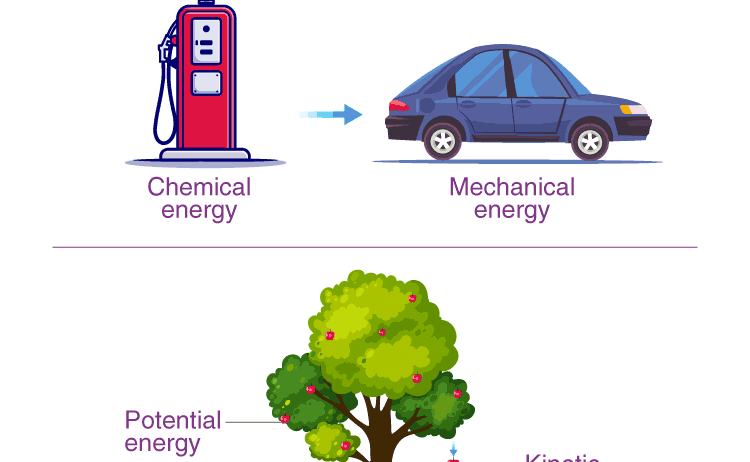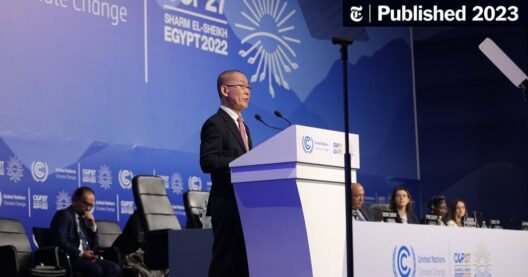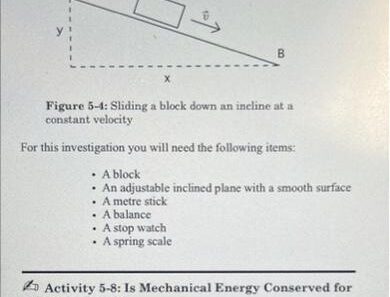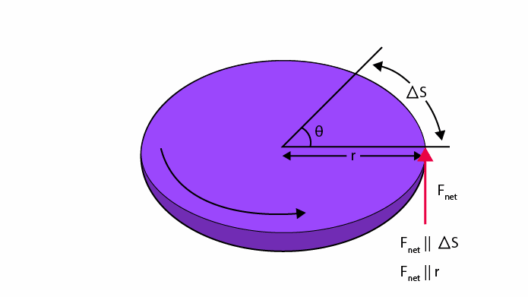The Law of Conservation of Energy is one of the most foundational principles in physics. It asserts that energy in a closed system remains constant; it cannot be created or destroyed but can only change forms. This principle strikes at the core of many scientific disciplines and serves as a guiding tenet in the fields of physics, chemistry, and even biology. Yet, as robust as this law may appear, a closer examination reveals both its universal applicability and nuanced limitations, prompting an intriguing discourse on whether it is an immutable truth or merely an elegant theory.
At its essence, the Law of Conservation of Energy expresses a remarkable observation of the universe: energy merely transitions from one state to another. For instance, when you push a swing, chemical energy from your muscles transforms into kinetic energy, propelling the swing into motion. As the swing reaches its apex and begins to descend, kinetic energy converts into gravitational potential energy. This cyclical dance of energy forms is witnessed in numerous natural phenomena, thus reinforcing the law’s credibility. The sheer ubiquity of energy transformation is, in itself, fascinating and remarkable, providing the framework upon which countless natural laws and phenomena rest.
Despite its widespread acceptance, it is imperative to understand that the Law of Conservation of Energy operates under certain conditions, primarily in closed systems where no external forces act to either add or extricate energy. In this regard, the quintessential closed system can be challenging to find in everyday life. The Earth is surrounded by solar energy, wind currents, and geothermal energies that continuously interact with one another, thus complicating our efforts to identify an ideal closed system. This continual influx of energy can create a sense of ambiguity regarding the conservation principle. Are we, therefore, able to state with absolute certainty that energy conservation holds true when external variables constantly infiltrate our systems?
The apparent dissonance between theoretical law and observable phenomena invites further contemplation. One may question whether energy conservation ceases to be valid in certain contexts—especially when quantum mechanics enters the fray. In the subatomic realm, particles appear to exhibit behaviors that challenge classical interpretations of energy conservation. Quantum fluctuations suggest scenarios where energy can momentarily “borrow” from the vacuum of space, manifesting as particles that pop in and out of existence. This peculiar behavior, while anomalous, illustrates the limits of our classical understanding; it underscores how, at times, energy appears to defy conservation principles—if only briefly.
The implications of acknowledging such exceptions to the law extend into practical realms as well. By observing energy transitions in open systems, scientists continue to devise innovative technologies aimed at maximizing efficiency and minimizing waste. Renewable energy sources—solar panels, wind turbines, and hydroelectric generators—embody the spirit of conservation by leveraging natural processes for energy generation. However, these technologies hinge not only on the principle of conservation but also on the creation of systems that can store, convert, and utilize energy with minimal losses. Therefore, while the law remains fundamentally true, our strategies to harness energy demonstrate an evolution of understanding and application.
A captivating juxtaposition arises when considering the concept of entropy, the measure of disorder within a system. The Second Law of Thermodynamics imposes an intrinsic limitation on the practical application of the Law of Conservation of Energy. In any energy transformation, some energy is inevitably lost as waste heat or in less usable forms, contributing to an increase in entropy. This realization serves as a sobering reminder that while energy is conserved, its usability diminishes over time. In essence, although the total energy remains constant, the quality of energy declines, thus restricting the effectiveness of conversion processes.
Moreover, the philosophical implications of the Law of Conservation of Energy challenge our perception of existence. It evokes a sense of interconnectedness within the universe, as energy cycles through various forms and systems, giving rise to phenomena ranging from the grand cosmic scale to the minuscule intricacies of biological life. The principle encapsulates a harmonious rhythm of nature, creating a vibrant dance of energy that sustains life and drives phenomena. Yet this very interconnectedness poses ethical questions about stewardship and responsibility; if energy is perpetually transitioning and finite in quality, how ought we manage these invaluable resources heading into an ever-uncertain future?
In conclusion, while the Law of Conservation of Energy remains steadfast and has been observed across myriad contexts, it is essential to approach it with open-minded scrutiny. Recognition of its applicability within specific confines—especially as it pertains to the distinctions between closed and open systems, as well as quantum mechanics—enriches our overall understanding. The principle does not merely represent a reductionist doctrine but serves as a lens through which the intricacies of our world can be better comprehended. Moreover, recognizing the interplay between energy conservation and entropy highlights the delicate balance that governs physical and ecological systems, prompting critical reflection and proactive engagement in energy stewardship. As the quest for sustainable solutions intensifies amidst pressing environmental challenges, the Law of Conservation of Energy will undoubtedly continue to inspire awe and deeper investigation, inviting scholars, practitioners, and everyday individuals to appreciate the profound significance of this enduring law.








